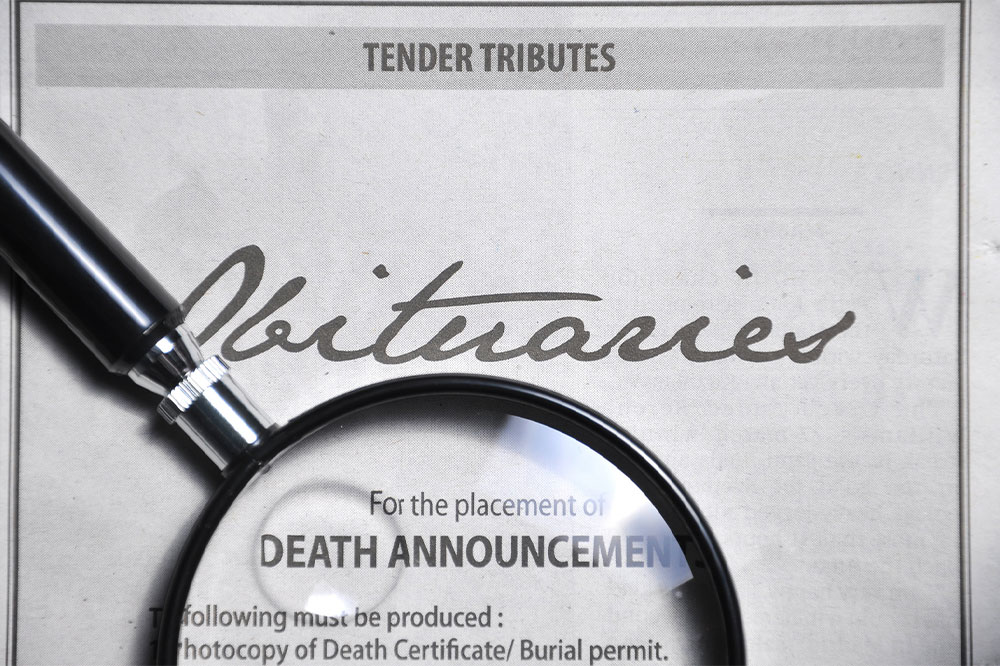Comprehensive Guide to Planning a Respectful and Meaningful Memorial Service
This comprehensive guide offers detailed steps and expert tips for planning a respectful memorial service. Covering everything from announcing the event to selecting meaningful music and sharing memories, it helps you create a heartfelt tribute that honors your loved one’s legacy. Professional assistance is also discussed to ease the process during emotional times, ensuring your memorial is personal, respectful, and memorable. Perfect for families seeking guidance on organizing a thoughtful farewell, this article aims to make the process smoother and more meaningful.

Comprehensive Guide to Planning a Respectful and Meaningful Memorial Service
Facing the loss of a loved one is one of life's most profound and challenging experiences. Organizing a memorial service that honors their memory and reflects their unique personality can seem overwhelming during such a difficult time. However, understanding the essential steps and best practices can help ease the emotional burden while creating a heartfelt tribute. This extensive guide provides valuable insights and practical tips to assist you in planning a respectful, memorable, and meaningful memorial service that celebrates the life of your loved one and offers comfort to friends and family.
Understanding the Purpose and Significance of Memorial Services
Memorial services are warm gatherings designed to honor the life and legacy of someone who has recently passed away. They serve as a collective moment for friends, family, and community members to come together, mourn, and find solace in shared remembrance. These ceremonies are flexible and can be held in various venues such as funeral homes, burial sites, religious establishments, or even in a family’s residence, depending on cultural or personal preferences.
Knowing the significance of a memorial service can help in creating a suitable plan that truly reflects the personality of the departed and the emotional needs of the attendees. A well-organized memorial not only allows loved ones to pay their respects but also provides an opportunity for healing, reflection, and reaffirmation of the bonds that tie us together even in grief.
Planning a memorial service involves several carefully considered steps, all aimed at creating a respectful and heartfelt tribute. Here are the key elements and guidelines to help you through the process:
1. Announcing the Memorial
Effective communication is vital for a meaningful memorial. Announcing the date, location, and details of the service ensures that friends and family can attend and prepare emotionally. Consider using multiple channels like social media, email invitations, or phone calls, especially for close relatives and friends. Clarify whether the memorial is open to all, requires RSVP, or has dress code recommendations.
2. Crafting the Opening Remarks
The way the service begins sets the tone for the entire event. Typically, an officiant, religious leader, or a close family member delivers warm opening words that welcome attendees, acknowledge the significance of the occasion, and express condolences. Personal touches, such as sharing a brief story or a memorable quote, can humanize the tribute and foster a sense of community.
3. Selecting Appropriate Music
Music can evoke deep memories and provide comfort during times of grief. Choose songs that had special meaning to the deceased or that evoke spiritual or emotional serenity. Hymns, favorite songs, or instrumental pieces are common choices. Live performances or recorded tracks can be tailored to reflect the personality and preferences of the departed, creating a comforting atmosphere for everyone present.
4. Sharing Memories and Readings
Personal stories, poems, scriptures, or eulogies allow loved ones to recount special moments and character traits of the deceased. These heartfelt anecdotes help to build a vivid picture of the individual’s life and influence. Encourage attendees to participate, ensuring the service feels inclusive and resonant with everyone’s fond memories.
5. Managing Details and Avoiding Common Mistakes
Proper planning is essential to avoid stress and last-minute chaos. Common pitfalls include neglecting family wishes, underestimating costs, or ignoring specific preferences of the deceased. To prevent these issues:
Involve family members in decision-making to honor shared wishes.
Create a detailed checklist and timeline to stay organized.
Set a realistic budget; consider DIY decorations or using insurance benefits to offset costs.
Respect the individual’s or family’s cultural or religious rituals.
6. The Benefits of Professional Assistance
Engaging professionals, such as funeral directors, event planners, or casket and floral service providers, can significantly streamline the planning process. Experienced professionals can handle logistical aspects like venue arrangements, catering, transportation, and setup, allowing you to focus on emotional support and personal touches. They also help craft a personalized tribute, ensuring the ceremony authentically reflects the life and values of the deceased, which can provide peace of mind during a tumultuous time.
In conclusion, a well-planned memorial service is a powerful way to honor a loved one’s legacy, provide comfort to mourners, and foster a sense of community in shared grief. Whether modest or grand, the key is to make the service personalized, respectful, and heartfelt. By following these detailed guidelines and considering professional assistance, you can create a meaningful tribute that sustains memories and offers solace in times of sorrow.
}



